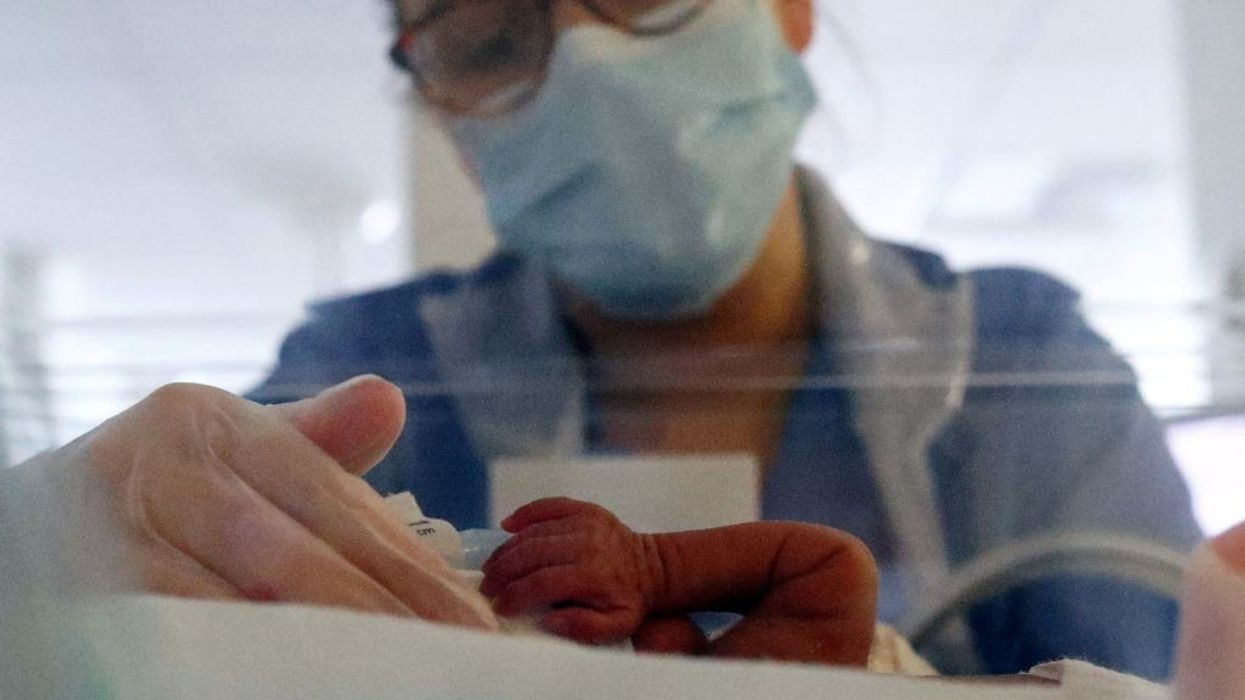Bliss, the UK’s leading charity for babies born premature and sick, has published a new research which highlights the largely unexplored experiences of South Asian communities in neonatal care.
In a new report, Bliss has shared the outcomes of research which shows a greater cultural awareness and better support is needed for South Asian families that have baby in neonatal care.
While many of the families surveyed had positive experiences with neonatal care and trusted the medical team, the research does reveal instances of poor care, particularly for women after birth, and instances where care was not culturally appropriate, a press release from Bliss said.
Thirty per cent of survey respondents felt their need for privacy and modesty was not understood or respected by staff. In particular, a lack of understanding of cultural practices – such as requirements around modesty, or awareness of specific rituals around birth and death – can impact family wellbeing and overall experience of neonatal care.
While more investigation is needed to drive further improvements in care, insights from this research also suggest cultural stereotyping can impact how fathers are supported to be involved in care delivery.
Similarly, parents who did not speak English as a first language were more likely to report poor experiences, and there was a perception among participants more widely that families who did not speak English received poorer care, which chimes with existing research.
Caroline Lee-Davey, chief executive of Bliss, said, “This research has been an opportunity to understand more about the experiences of families from South Asian communities who have a baby admitted to neonatal care. While based on a small sample of families, the research backs up existing evidence that more must be done to deliver culturally appropriate care for South Asian families, and to ensure that fathers and parents who do not speak English as a first language can be fully involved in their babies’ care.
“Bliss’ strategy is focused on tackling health inequalities, and this project is one of many to better understand how every baby can receive equitable neonatal care. Findings will also shape Bliss’ own services to enable us to better meet the needs of families from South Asian communities, including doing more to translate Bliss’ trusted information into multiple languages, and partnering with organisations who represent South Asian families to develop and deliver services.”
Parent stories
One Bangladeshi mother said, “I felt my daughter’s care was top notch. I felt she was getting good care. The nurses were attentive to the baby and the parents as well. You can’t stay with the baby all the time in the hospital, but when you see such level of care you feel reassured that your baby is safe and well looked after.”
One mother of South Asian heritage said, “As a Muslim woman who chooses to cover myself completely, I wished there were larger privacy screens available and that skin-to-skin with my babies was encouraged. I had to ask to have skin-to-skin with my babies, but still the staff went above and beyond so that we did feel comfortable which I really appreciated”.
One Indian mother said, “I could see the other mothers in the ward who did not speak English. One kept saying she was in pain, but they just ignored her.”
One Bangladeshi mother said, “I was not confident in the level of care; I had to be assertive and constantly telling the nurses. The communication was very poor; they wouldn’t tell me what was happening and I was very anxious. I was kept waiting for hours to know what was happening. It was only after several hours I got to see the baby.”




